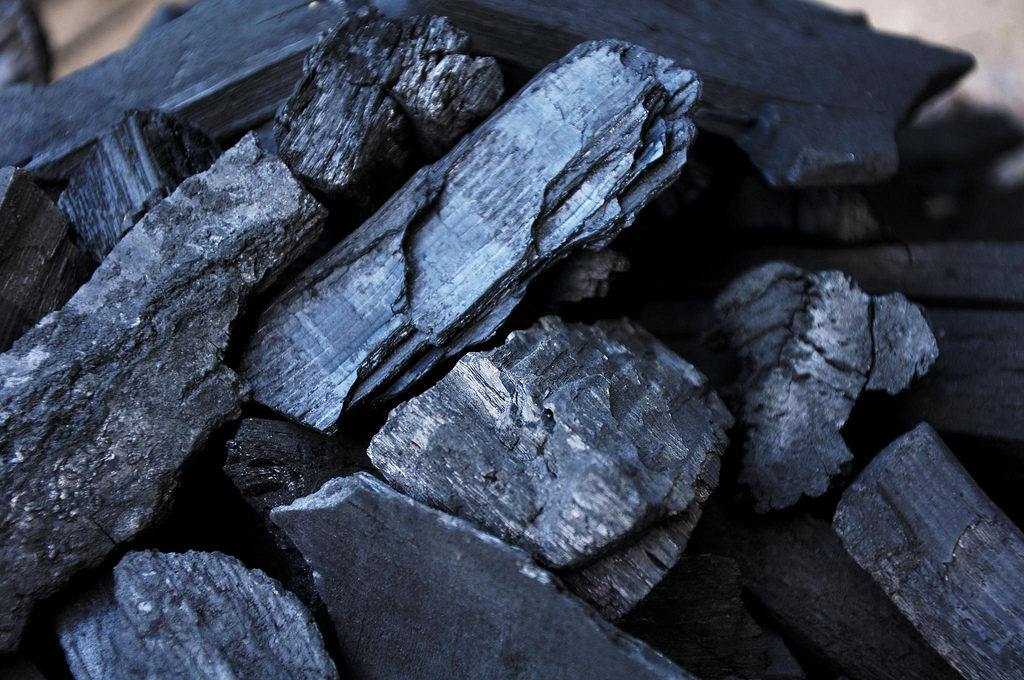Energy access is a tricky puzzle for the African continent. 70% of the population in sub Saharan Africa relies on biomass for energy. It means that most of the population burns firewood, charcoal, agricultural residues and animal dung for cooking food and for getting done with other day-to-day routines. Although bioenergy is a renewable energy source, over-exploitation can lead to deforestation & soil erosion. The lack of secure and sustainable energy supply links up to the Africa’s food security and climate change challenges. Biochar is promoted as a solution that can address all the three challenges by improving soil fertility and by sequestering carbon.
Biochar is a form of charcoal. It is made through a process called pyrolysis which involves burning of biomass in an oven with little or no oxygen. What you get out of it is solid material which then is added into soil. Under the right circumstances, biochar provides a unique opportunity to sequester carbon and improve soil quality by using locally sourced resources, and even a single application can provide benefits for years.
Despite the fact that there is already a well-established market for biochar in the United States, there is plenty of controversy around its production on the large scale. There are also studies that report reduction of yields after biochar application; the negative effect is usually attributed to the wrong application of the soil amendment material, suggesting that different soils need different biochars.
Additionally, there are certain implementation challenges associated with the development of a the biochar industry on the African grounds: biochar production technologies, biochar application recommendations for different soils and crops as well as design of integrated waste-food-energy systems remain major tasks for research and development.
In general, there are more positive impacts of biochar than negative. However, more research as well as policy action is needed for turning the idea of biochar into a mindful multi-level solution for energy and food security challenges in Africa. Some of the research aimed at such solution was presented at the “Biochar Systems for Africa” workshop in Nairobi during 1-2 March 2016; you can look through the notes here.
